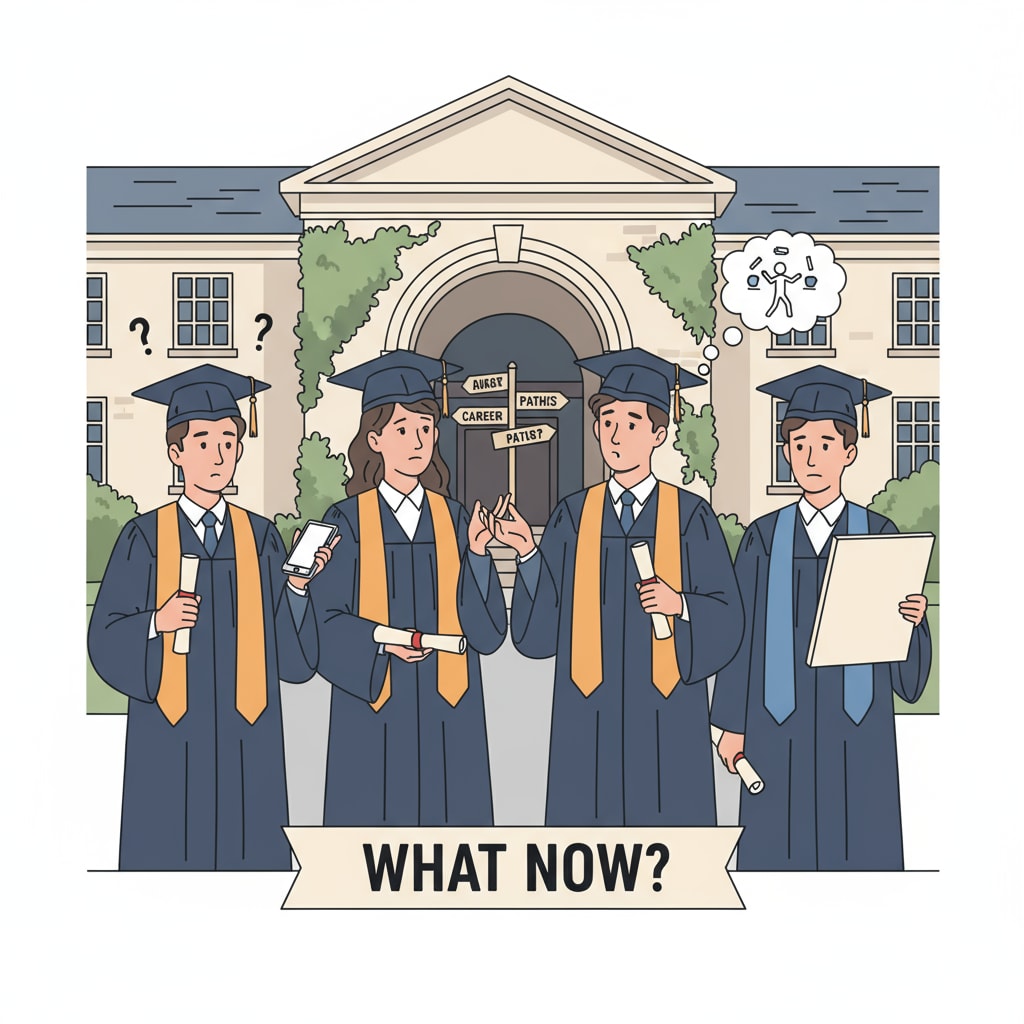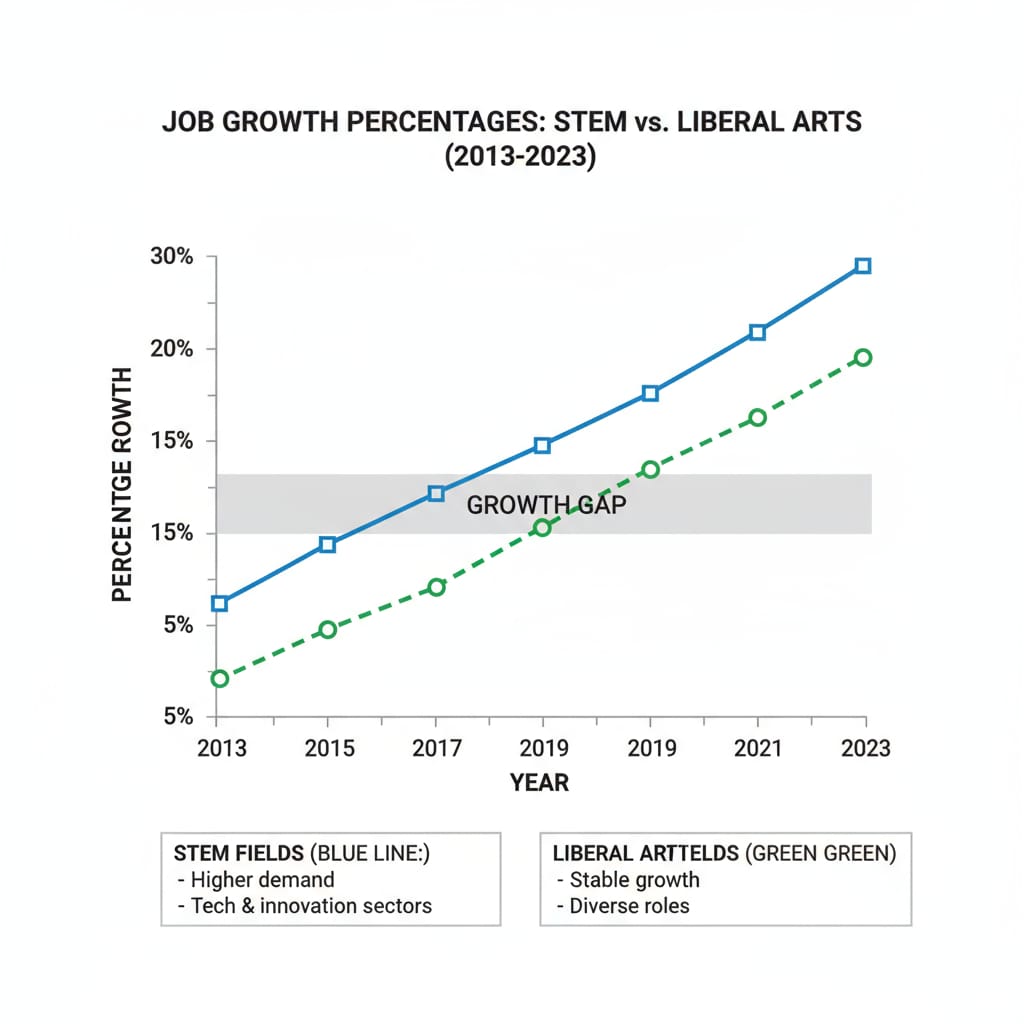Liberal arts education, employment dilemmas, and career transitions are topics of great concern for many graduates. In today’s job market, liberal arts graduates, particularly those from humanities disciplines, often find themselves at a crossroads. They have spent years cultivating a broad range of knowledge and skills in areas like literature, history, and philosophy. However, when it comes to entering the workforce, they encounter significant challenges.

This is where the idea of career transition comes into play, offering a glimmer of hope for a more fulfilling professional life.
The Employment Dilemmas of Liberal Arts Graduates
The job market has a perception problem with liberal arts graduates. Many employers seek candidates with highly specialized technical skills, leaving liberal arts graduates struggling to find positions that align with their education. For example, compared to graduates from science, technology, engineering, and mathematics (STEM) fields, liberal arts graduates may have fewer job openings directly related to their majors. According to Bureau of Labor Statistics data, certain STEM occupations have seen significant growth in recent years, while some liberal arts-related jobs have remained stagnant or even declined. This misalignment between education and job opportunities creates a major hurdle for liberal arts graduates.

The Value of Liberal Arts Education in Career Transitions
Despite the challenges, liberal arts education equips graduates with valuable skills that can be highly transferable in a career transition. Skills such as critical thinking, communication, and problem-solving are highly sought after in various industries. For instance, in the field of education, these skills can be used to engage students, develop innovative teaching methods, and manage classroom dynamics effectively. A liberal arts graduate’s ability to analyze complex texts and ideas can be translated into creating engaging lesson plans. As a result, these graduates are not limited to traditional liberal arts-related jobs but can explore new career paths, like special education. The National Education Association also emphasizes the importance of liberal arts skills in preparing students for diverse careers.
Special education offers a unique opportunity for liberal arts graduates to make a career transition. In special education classrooms, the focus is not only on academic teaching but also on understanding the individual needs of students with special needs. The empathetic and communication skills developed through liberal arts education are invaluable here. Graduates can use their knowledge of human behavior and social sciences to create inclusive learning environments. They can also draw on their research and writing skills to develop individualized education plans for students. In this way, liberal arts graduates can find a new purpose and contribute meaningfully to the education sector.
Readability guidance: By breaking down the complex issues of liberal arts graduates’ employment and career transitions into smaller, more manageable sections, we can better understand the challenges and opportunities. The use of examples and external references helps to illustrate key points, while maintaining a clear and concise writing style with appropriate transition words.


